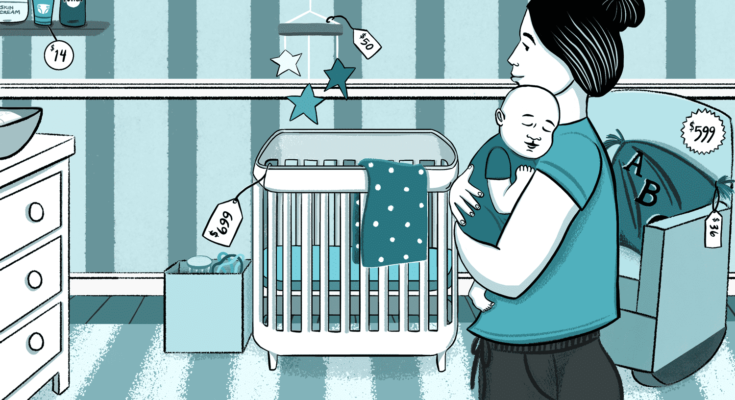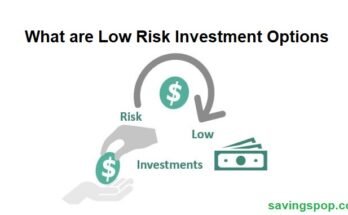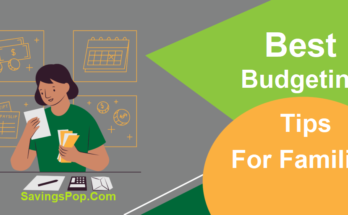Planning for a new infant requires cautious budgeting to manage the numerous prices. When thinking about how much you should budget for a new baby, expect to spend between $12,000 to $15,000 within the first year. This includes key costs like medical payments, toddler tools (crib, stroller, car seat), diapers, formulation, and clothing. Childcare can drastically impact your price range, starting from $200 to $1,200 per month depending on location and kind of care. Furthermore, increasing aspects of medical insurance, utilities, and unexpected expenses ensure your financial preparedness for your new arrival.
How Much Should You Budget For a New Baby?
Understanding the Costs of Baby Essentials
Before diving into budgeting specifics, it is crucial to recognize the various fees you will come upon while welcoming a new child into your circle of relatives. Baby necessities embody a wide variety of objects, consisting of diapers, clothing, formula or breastfeeding materials, toddler tools (consisting of strollers and cribs), and healthcare expenses. By identifying these key regions, you can better estimate your budgeting wishes.
When it involves infant essentials, it’s crucial to distinguish between have-to-haves and fine-to-haves. While certain gadgets might also appear essential, others can be non-compulsory or can be acquired second-hand. Prioritize the necessities and allocate your budget for that reason to make certain that you’re focusing on what surely matters in your baby’s well-being.
Creating a Baby Budget
Once you’ve diagnosed the prices associated with worrying for a baby, it’s time to create a comprehensive price range. Start by examining your modern-day financial situation, consisting of earnings, savings, and present fees. Determine how an awful lot you may allocate towards toddler-related charges without compromising your typical financial balance. A specific budget will help you track your spending and ensure you’re adequately prepared for the arrival of your little one.
When creating your infant’s finances, recollect the use of a budgeting device or spreadsheet to arrange your prices and tune your development. Break down your budget into classes which include groceries, healthcare, clothing, and childcare to make sure you’re accounting for all capacity charges. Be practical approximately your spending habits and be prepared to make changes as needed to stay within your budgetary constraints.
Anticipating One-Time Expenses
In addition to ongoing child-associated prices, there are several one-time expenses to recollect whilst budgeting for a new arrival. These may additionally encompass buying fixtures for the nursery, child-proofing your private home, and acquiring critical toddler tools such as a vehicle seat and a stroller. While these charges may additionally appear full-size upfront, planning for them earlier will help alleviate monetary pressure while the time is involved in making those purchases.
To store cash on one-time charges, take into account exploring opportunity options inclusive of shopping for gently used gadgets from online marketplaces or attending child swaps and consignment sales. You may also be able to borrow certain gadgets from buddies or a circle of relatives members who do not want them, lowering the need to purchase new objects outright.
Also Read: 6 Steps To Budgeting for a New Baby
Factoring in Healthcare Expenses
Healthcare expenses represent an incredible part of the overall fee of getting a toddler. Medical bills can quickly accumulate from prenatal care to delivery and postnatal check-ups. Review your medical health insurance coverage to understand what costs are covered and what you will be responsible for out-of-pocket. Additionally, consider putting aside a budget for unexpected medical prices or emergencies that may get up throughout pregnancy or after your toddler is born.
When budgeting for healthcare expenses, it is essential to recall both ordinary expenses inclusive of co-will pay and deductibles, as well as capability surprising expenses which include emergency room visits or unexpected headaches at some point in childbirth. By allocating a portion of your finances, especially for healthcare costs, you ensure preparedness for any arising medical expenses.
Saving for Future Expenses
While it is essential to budget for a new baby’s associated expenses, do not forget to devise for the future properly. Start considering lengthy-term fees consisting of childcare, schooling, and saving for college. Establishing a dedicated savings account for your baby’s future keeps you on track with your financial goals and provides peace of mind, knowing you’re prepared for whatever the future may hold.
When saving for destiny expenses, do not forget to make automatic transfers from your bank account to your financial savings account to ensure that you’re always setting cash apart in your baby’s destiny. Explore options at the side of 529 university financial savings plans or custodial bills to maximize the capability of your financial savings and take benefit of tax benefits.
Maximizing Savings and Benefits
You can maximize your savings and take advantage of available benefits while preparing for a brand-new baby in numerous ways. Explore government programs consisting of the Special Supplemental Nutrition Program for Women, Infants, and Children (WIC) or the Child Tax Credit to help offset a number of the prices related to raising a toddler. Additionally, bear in mind purchasing objects 2nd-hand or borrowing infant gear from buddies or a circle of relatives to store money without sacrificing pleasant.
Take benefit of reductions and promotions presented by using stores and producers to shop money on baby necessities along with diapers, methods, and garb. Sign up for loyalty packages and newsletters to acquire coupons and unique offers, and don’t forget to buy gadgets in bulk to take advantage of decreased unit fees. By being proactive about searching out financial savings possibilities, you may stretch your budget in addition and making the most of your monetary assets.
Adjusting Your Budget as Your Family Grows
As your own family grows and your infant’s desires alternate, it’s important to periodically re-examine and modify your finances, therefore. Keep in tune with your fees and be proactive about identifying regions wherein you can cut costs or reallocate price ranges to better meet your evolving wishes. By staying flexible and adaptable, you could ensure that your finances continue to help your own family’s monetary well-being in the years to come.
Consider revisiting your finances on a quarterly or annual basis to account for modifications to your profits, prices, and economic goals. As your baby grows older, you can discover that sure charges lower even as others increase, which includes childcare or extracurricular activities. Staying proactive and adjusting your price range as needed ensures that you constantly prepare to meet your family’s economic needs.
Must Read: 9 Simple and Best Money Saving Ideas that Work
Conclusion
Determining how much you should budget for a new baby involves careful planning for important charges which include healthcare, childcare, and everyday needs, on the side of looking forward to unexpected costs. On average, budgeting between $12,000 to $20,000 for the first year is sensible, depending on your way of life and place. Prioritize financial savings, seek fee-powerful alternatives, and utilize network assets. Every family’s situation is specific, so modify your finances as a consequence to ensure a solid economic foundation. Proper making plans can alleviate strain and help you enjoy welcoming your new baby.




